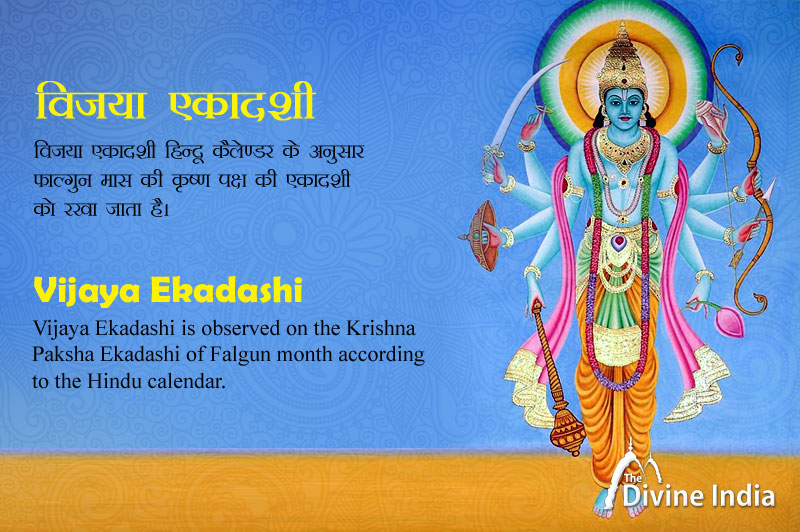

dhyāyato viṣhayān puṁsaḥ saṅgas teṣhūpajāyate
saṅgāt sañjāyate kāmaḥ kāmāt krodho ’bhijāyate
While contemplating on the objects of the senses, one develops attachment to them. Attachment leads to desire, and from desire arises anger.
Word by Word Meaning:
dhyāyataḥ - contemplating
viṣhayān - sense objects
puṁsaḥ - of a person
saṅgaḥ - attachment
teṣhu - to them (sense objects)
upajāyate - arises
saṅgāt - from attachment
sañjāyate - develops
kāmaḥ - desire
kāmāt - from desire
krodhaḥ - anger
abhijāyate - arises